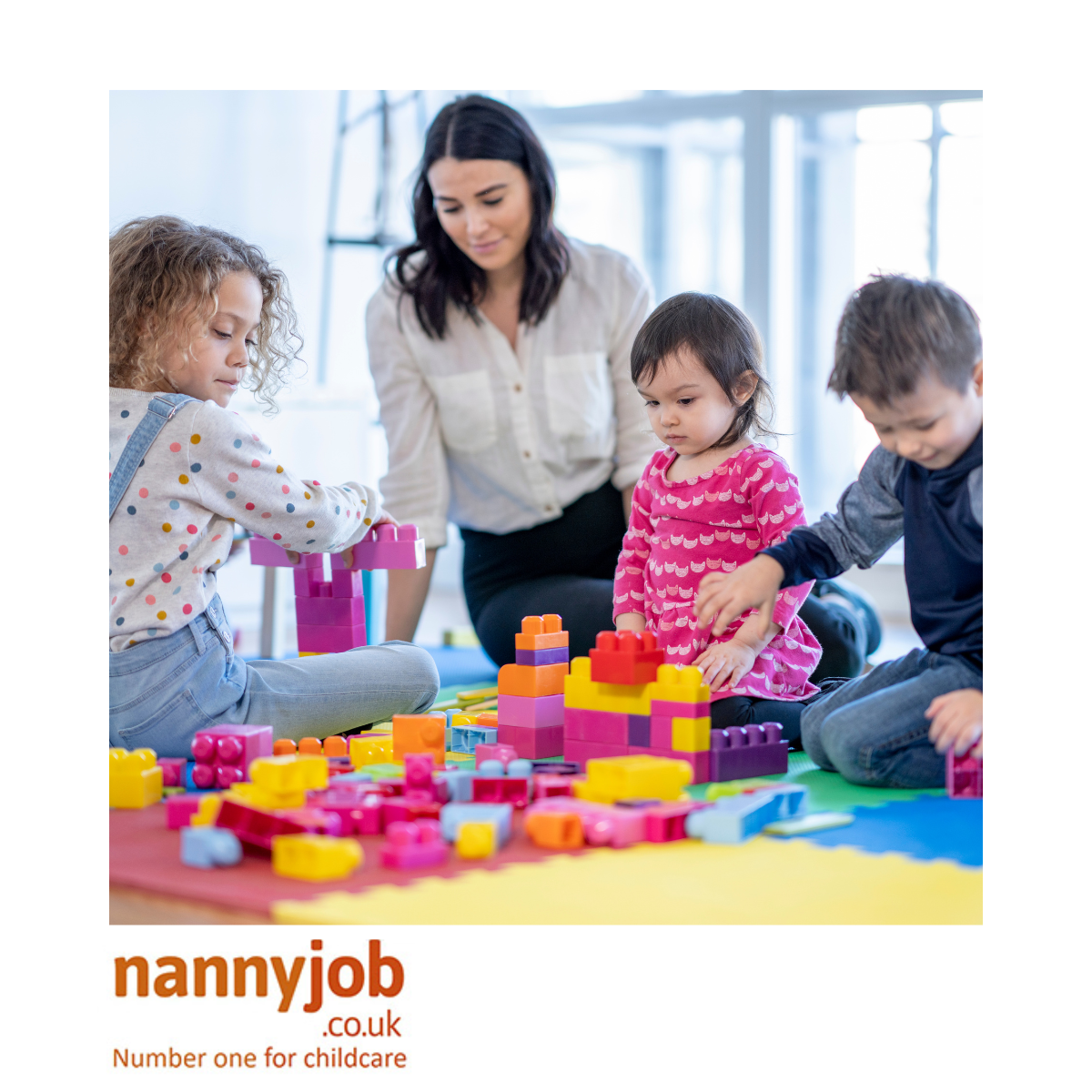When it comes to childcare, parents often face the dilemma of choosing between a nanny and a babysitter. But what exactly is the difference between the two, and how do you decide which is the right choice for your family? In this article, we will explore the key differences between nannies and babysitters, and provide some tips to help you make an informed decision.
- Job Scope and Responsibilities:
- Nannies: A nanny is a professional childcare provider who is typically responsible for the overall well-being and development of the children in their care. Their duties may include meal preparation, laundry, light housekeeping, and organising age-appropriate educational and recreational activities.
- Babysitters: A babysitter is hired to take care of children for a short period, usually during the evening or on weekends. Their main responsibility is to ensure the children’s safety and well-being while the parents are away.
- Training and Experience:
- Nannies: Nannies often have more extensive training and experience in childcare. Many nannies hold certifications in early childhood education or have completed specialised nanny training programs.
- Babysitters: Babysitters typically have less formal education and experience in childcare, but may still have completed basic babysitting courses or have experience caring for younger siblings or family members.
- Commitment and Availability:
- Nannies: Nannies usually work on a full-time or part-time basis, with a long-term commitment to a family. They often become an integral part of the family unit and form strong bonds with the children in their care.
- Babysitters: Babysitters are typically hired on an as-needed basis for short-term engagements, making them a flexible option for parents who require occasional childcare assistance.
- Cost:
- Nannies: As professionals with more extensive training and responsibilities, nannies generally command a higher salary than babysitters.
- Babysitters: Babysitters are often a more affordable option for families, especially for occasional or short-term care needs.
When choosing between a nanny and a babysitter, it’s essential to consider your family’s specific needs, budget, and expectations. While nannies offer comprehensive, long-term childcare and support, babysitters can provide flexible and affordable care for occasional needs. Whichever option you choose, it’s crucial to conduct thorough interviews and reference checks to ensure the best possible fit for your family.










